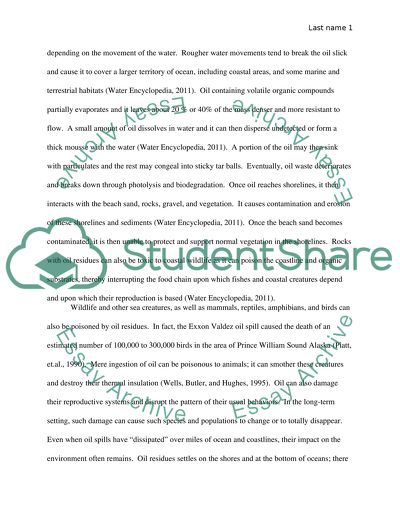Cite this document
(“Science and politics Term Paper Example | Topics and Well Written Essays - 2000 words”, n.d.)
Retrieved from https://studentshare.org/environmental-studies/1405957-science-and-politics
Retrieved from https://studentshare.org/environmental-studies/1405957-science-and-politics
(Science and Politics Term Paper Example | Topics and Well Written Essays - 2000 Words)
https://studentshare.org/environmental-studies/1405957-science-and-politics.
https://studentshare.org/environmental-studies/1405957-science-and-politics.
“Science and Politics Term Paper Example | Topics and Well Written Essays - 2000 Words”, n.d. https://studentshare.org/environmental-studies/1405957-science-and-politics.


